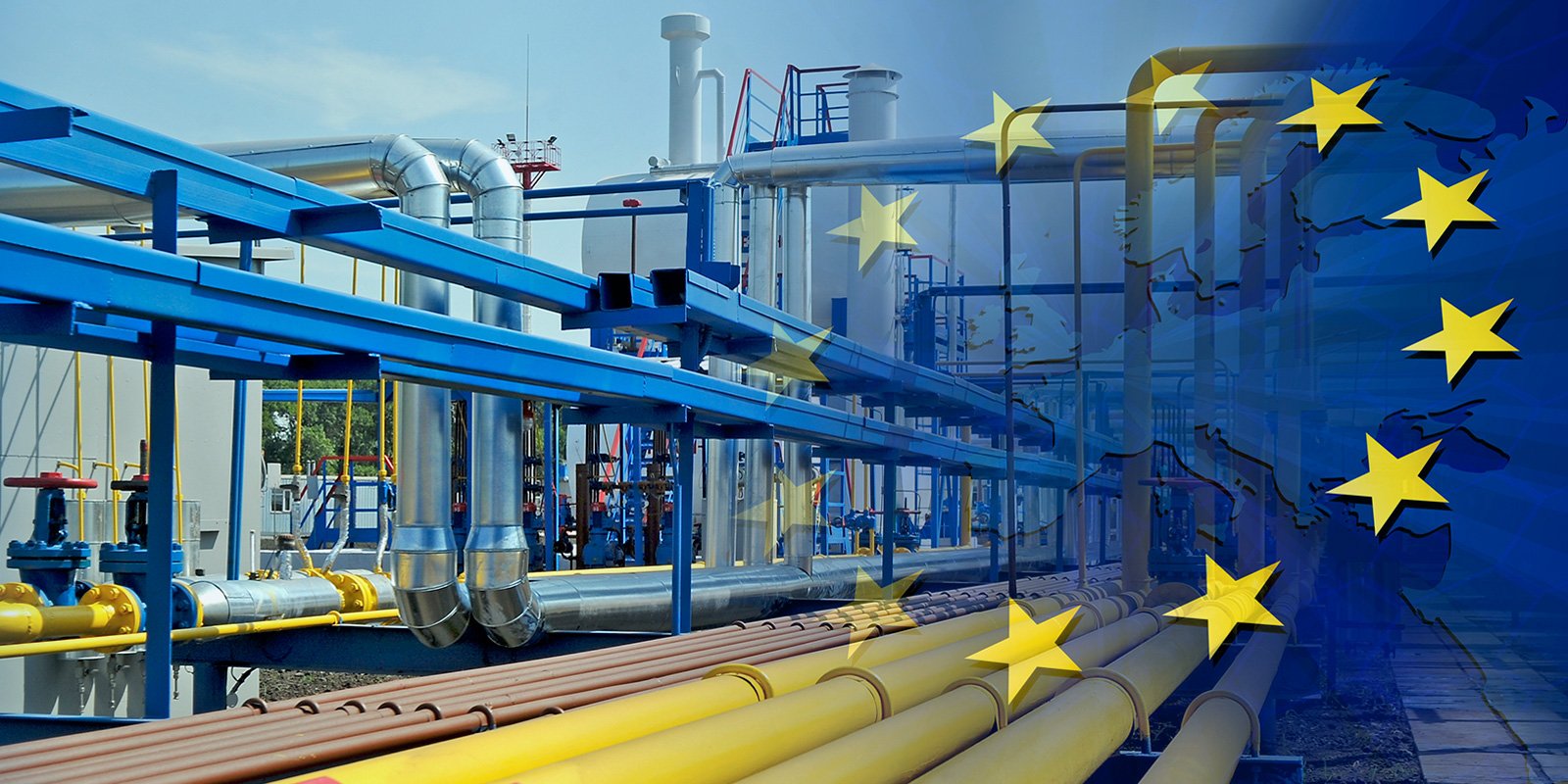
EU Adopts Regulation on Reducing Gas Demand
On August 5, 2022, the Council of the European Union adopted a regulation on a voluntary reduction of natural gas demand by 15% this winter in light of the disruption of gas supplies from Russia.
To anticipate the risk of a complete halt, or further substantial reduction, of Russian gas supplies in the near future, Member States of the EU have agreed to reduce their gas consumption by 15% between 1 August 2022 and 31 March 2023 compared to their average consumption over the last five years.
The main objective of this reduction is to save money for this winter by helping to fill storage capacity prior to anticipated increases in wholesale prices, and to safeguard gas supplies for critical sectors.
This reduction in gas consumption is, in principle, voluntary but may become mandatory for Member States in the event of a "Union alert" declared by the Council. Such an alert could be activated by a Council decision, on a proposal from the European Commission, in the event of a substantial risk of a severe gas supply shortage or where an exceptionally high demand for gas occurs. The Commission shall also submit a proposal to the Council to declare a Union alert where five or more competent authorities that have declared an alert at a national level request it.
Member States shall be free to choose the appropriate measures to reduce gas demand, subject to compliance with the principles of Union law (in particular, compliance with competition rules). Member States shall consider giving priority to measures that do not affect protected customers such as households and essential services. Unprotected customers may nonetheless be excluded from such measures based on their economic importance.
Measures to reduce consumption may include reducing gas consumed in the electricity sector, measures to encourage fuel switch in the industrial sector, national awareness-raising campaigns, and targeted obligations to reduce heating and cooling.
These measures will potentially significantly impede gas-dependent industries from performing their existing obligations vis-à-vis their suppliers and/or customers, and will be relevant to the assessment of any new contractual commitments which may be undertaken. Whether such measures are considered as a force majeure event under French law will have to be assessed on a case-by-case basis.






